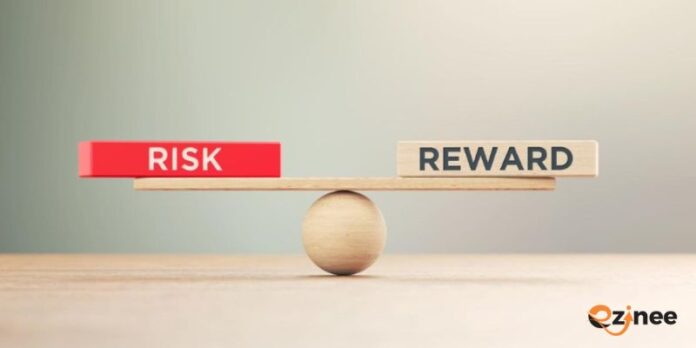Knowing how risk/reward psychology works is key to understanding the choices we face in running a business, dealing with personal relationships, or leisure activities. At its core, it revolves around the balance between potential gains and losses. This interaction plays out across multiple psychological dimensions: emotions, cognitive biases, and biological responses.
The Nature of Risk and Reward
Risk is the possibility of loss or failure, while reward is the potential of gain or success. We humans have a dilemma regarding risk assessment: our understanding of risk is not always consistent with actual risk, stemming from fear, overconfidence, or lack of information. This gap results in either over-cautious or reckless decision-making.
A few psychological and even biological factors have a lot to do with how we perceive risk and reward. One of them is dopamine, which activates the brain’s reward system, reinforcing actions linked with pleasure and reward. Dopamine in the brain increases when people expect a reward, solidifying the craving to attain such a reward.
On the flip side, the amygdala is responsible for processing fear and threat, causing us to be cautious and avoid something dangerous. This creates a push-and-pull system to decision-making, where an emotional and logical decision constantly competes.
Attraction of Casino Games and Games of Luck
We can clearly see the psychology of risk and reward in the appeal of casino games and chance-based entertainment. Such environments are meant to generate anticipation, immersing players in a universe where they can feel the pleasure of winning and the fear of losing. These games follow a pattern that utilizes the reward systems in your brain, making them especially enticing.
Gambling is a delicate mix of emotions, both highs and lows. Winning releases dopamine, which incites repeat behaviour — to keep playing! Yet the risk of loss also hovers large, creating tension that can be both exciting and anxiety inducing. It’s this duality that makes gambling so interesting, as it provides both a release from day-to-day life and an opportunity for the gambler to face their fears in a measured way.
Additionally, socializing really is an integral part of the gambling experience. There are many reasons people go to casinos; it may not necessarily be to play poker. Gambling scenarios promise more than games; poker nights and bingo, for example, strengthen bonds through shared experience.
Risk-Taking Beyond Gambling
Taking risks is inherent to mankind, and it is done and needed by most people worldwide. Investments require entrepreneurs to weigh risks and rewards. Many of these decisions can be particularly tricky because of prospect theory (losses hurt more than gains), but knowing this can help.
Calculated Risks are always better than impulsive decisions based on emotions. When an individual weighs momentary excitement against lifelong ramifications, they can make choices that inspire growth and achievement.
Embracing Risk for Progress
At the end of the day, taking a risk is a necessary step for any progress. Risk and reward psychology teaches us that we are hardwired to seek thrill and success in a world filled with uncertainty.
Calculated risk-taking, whether in business ownership or games of chance, allows people to experience new opportunities while controlling their fears. Psychology of risk and reward, the excitement, and the innate need to win something in an unpredictable atmosphere.



